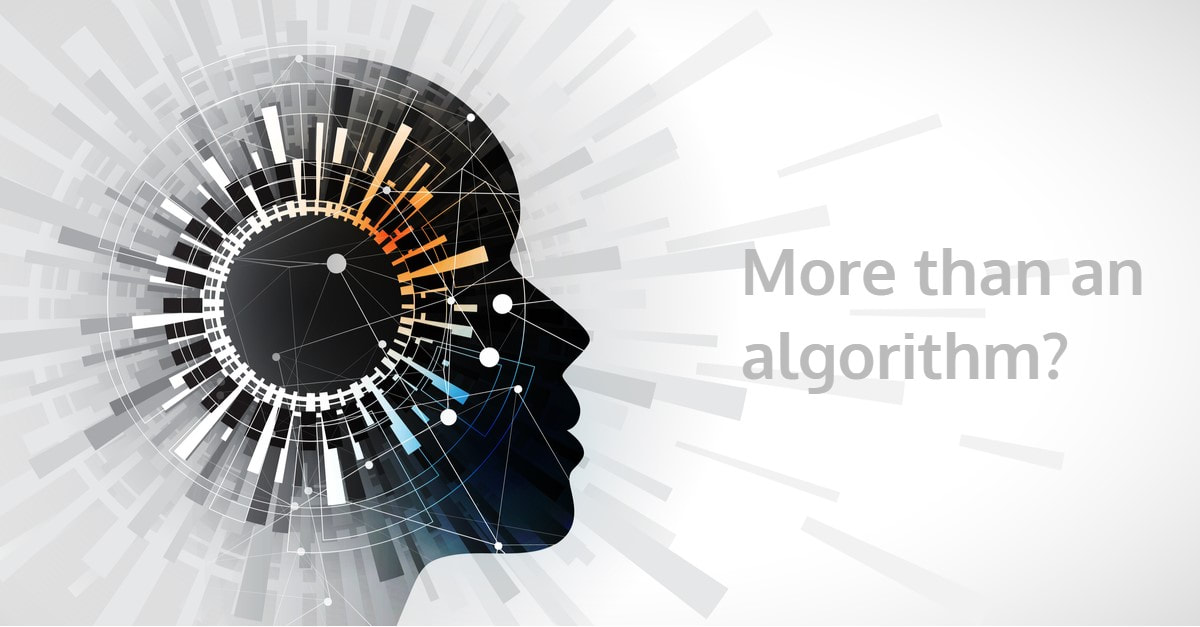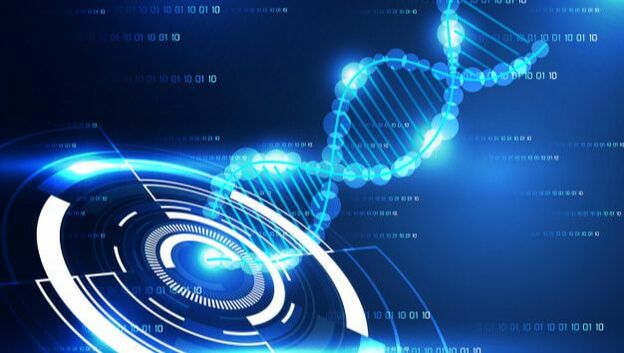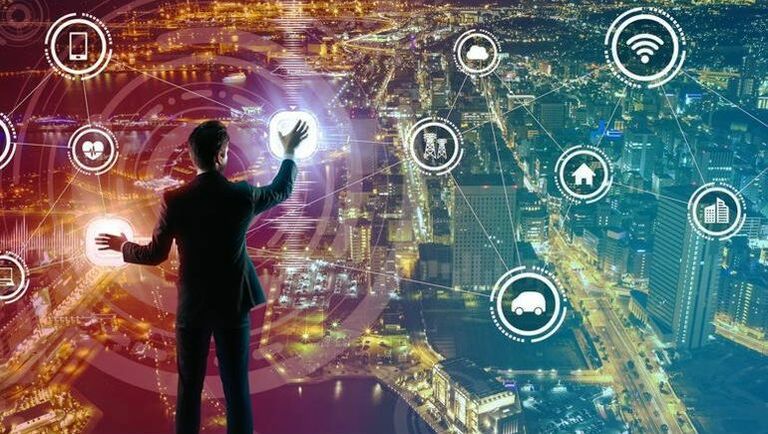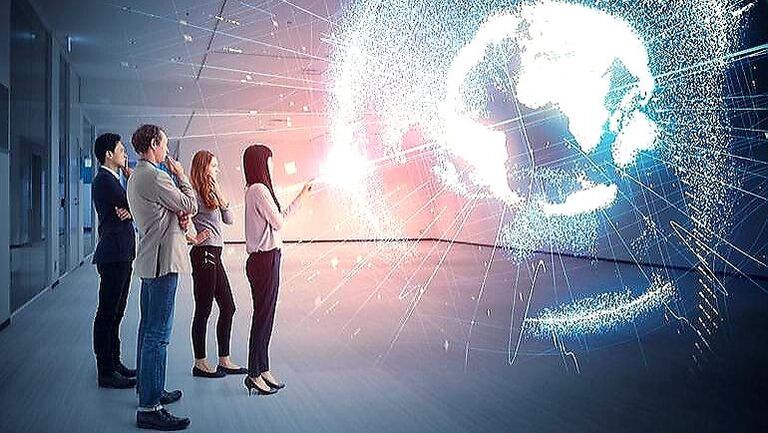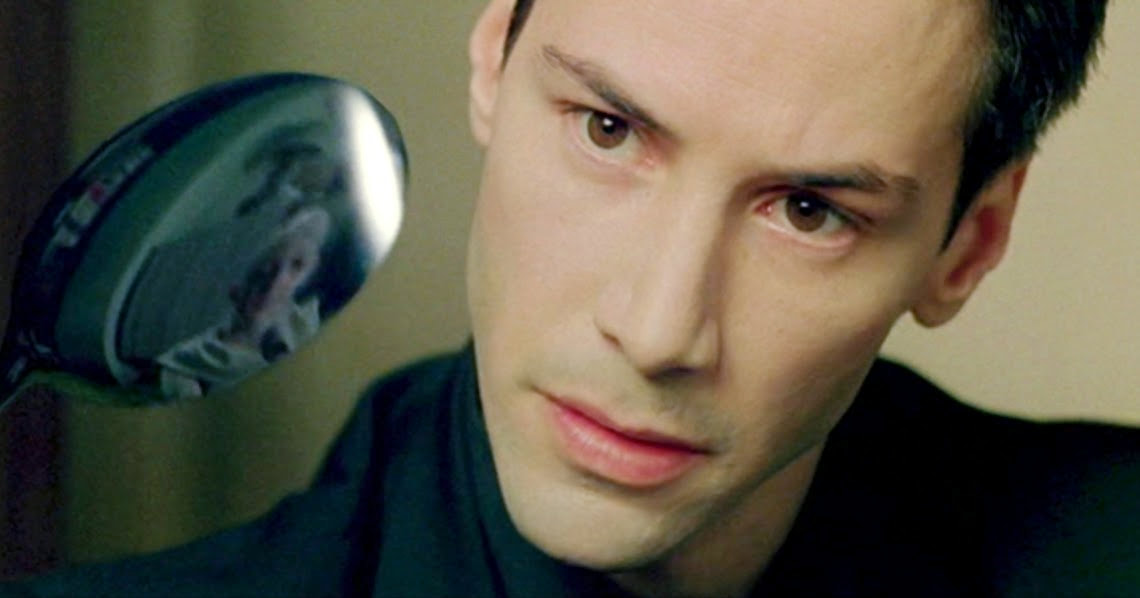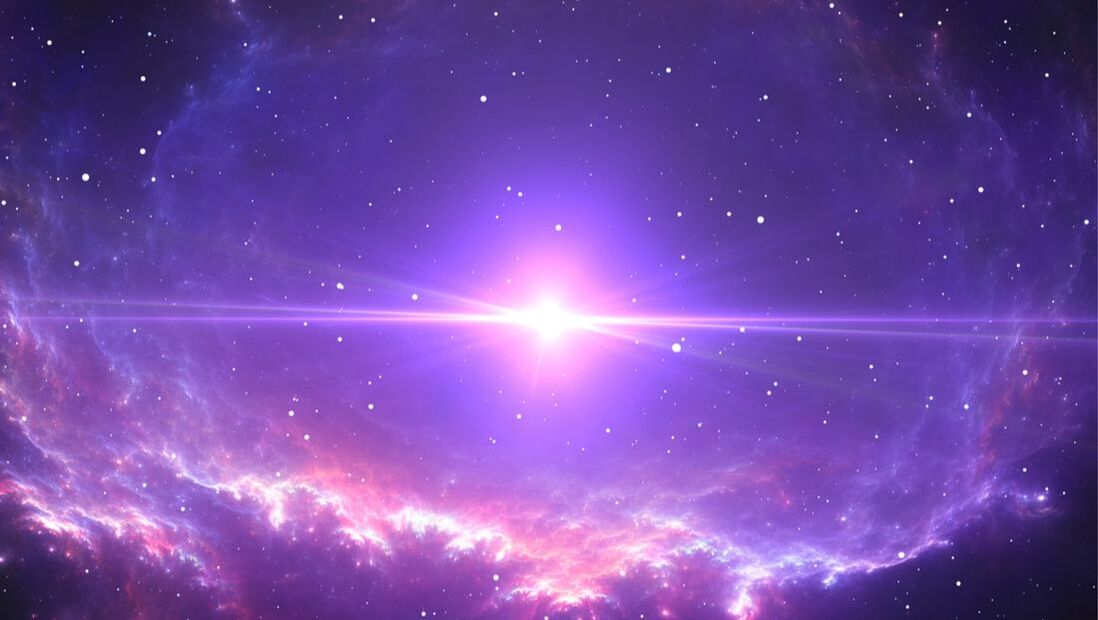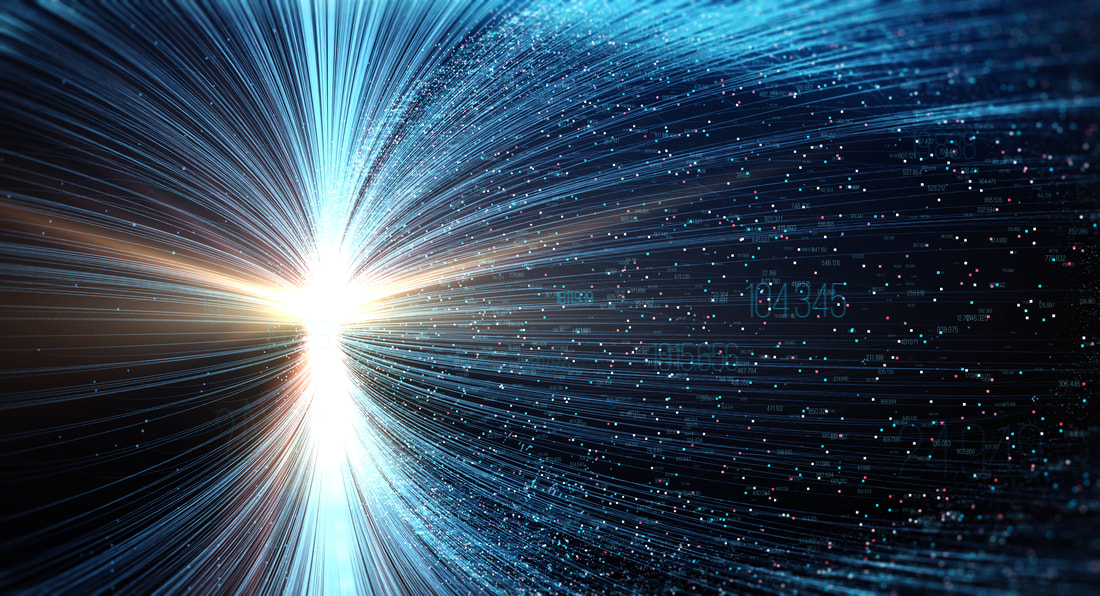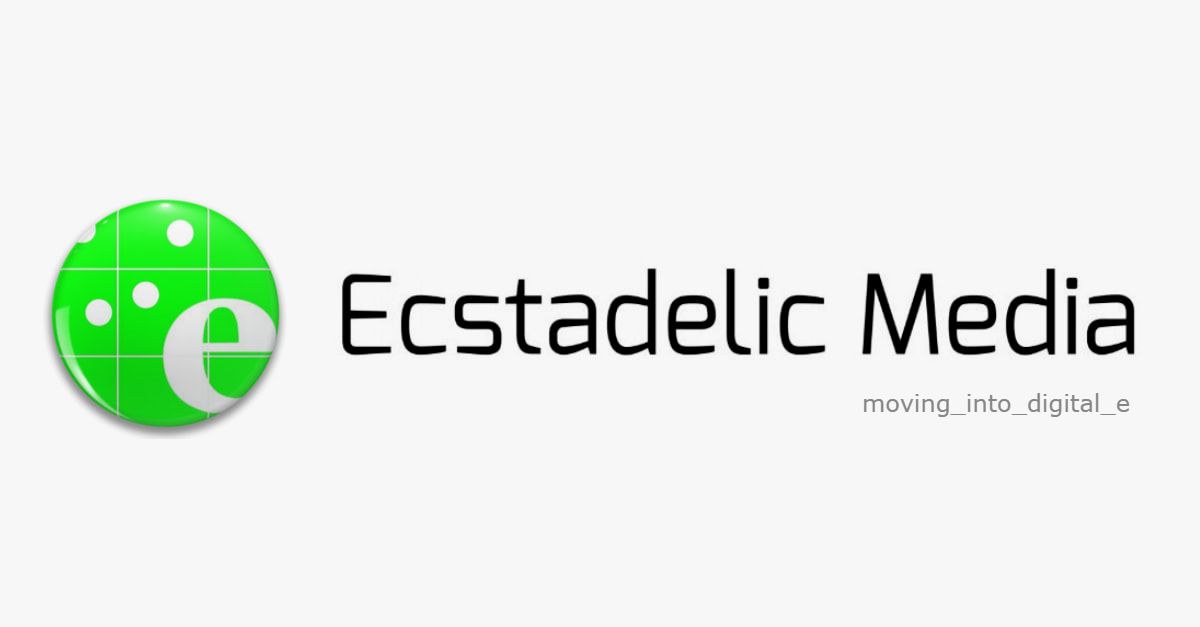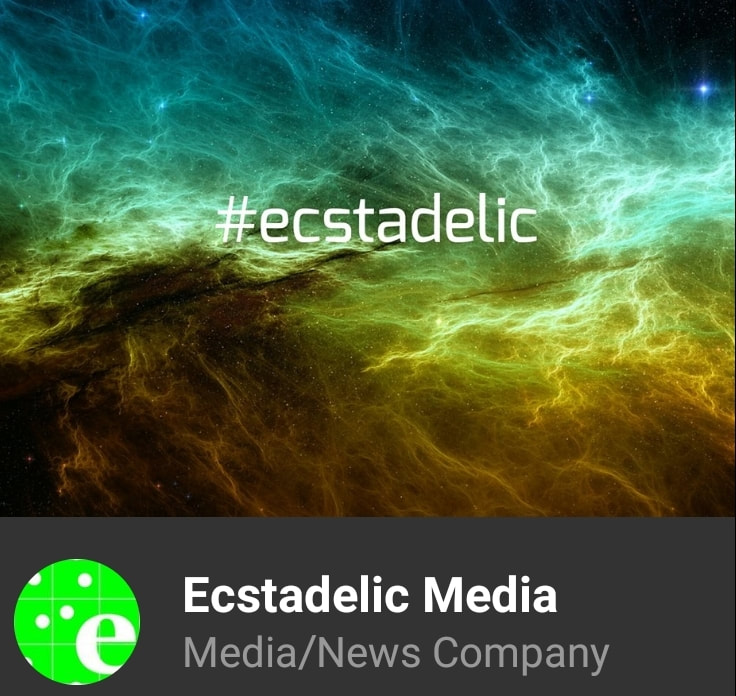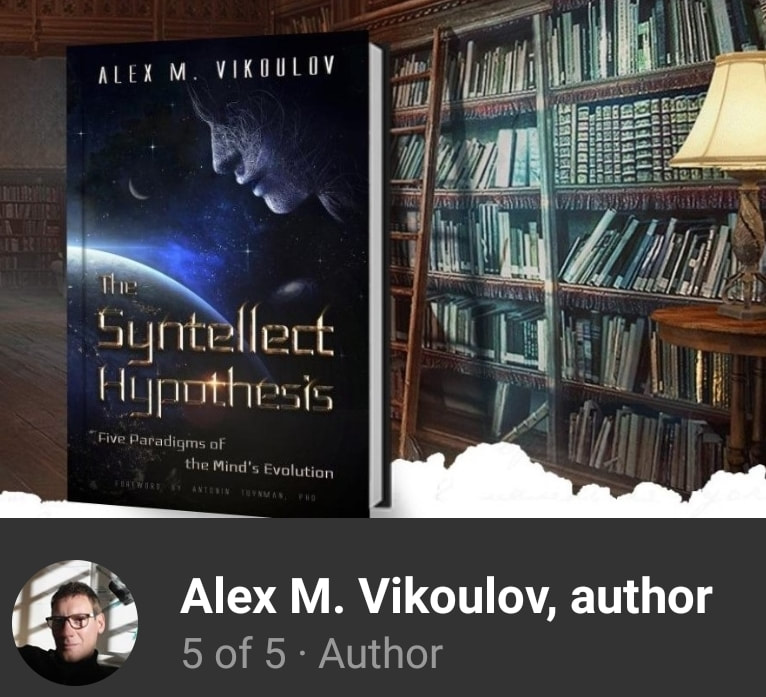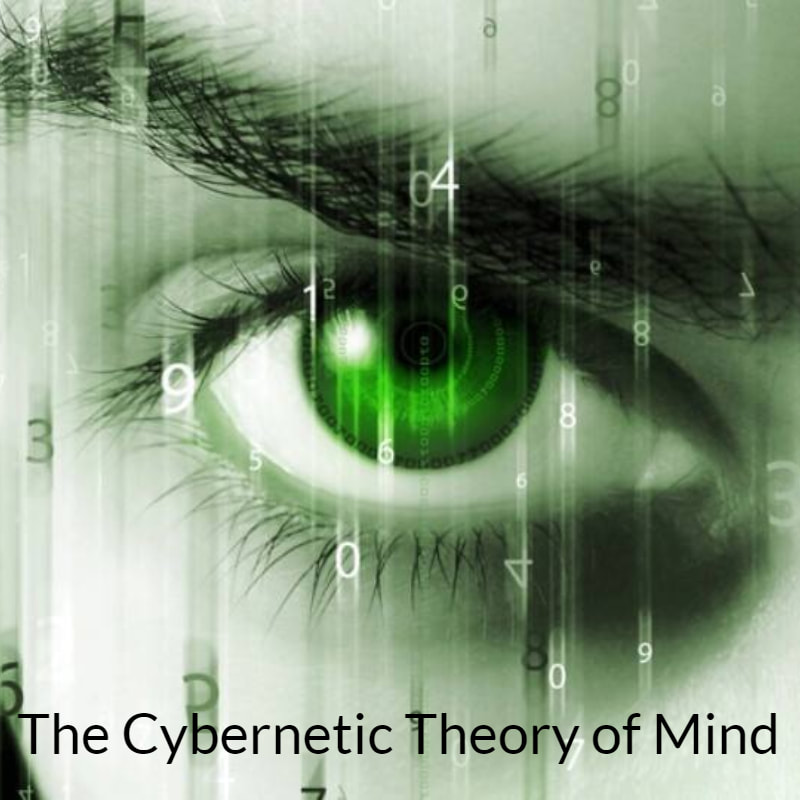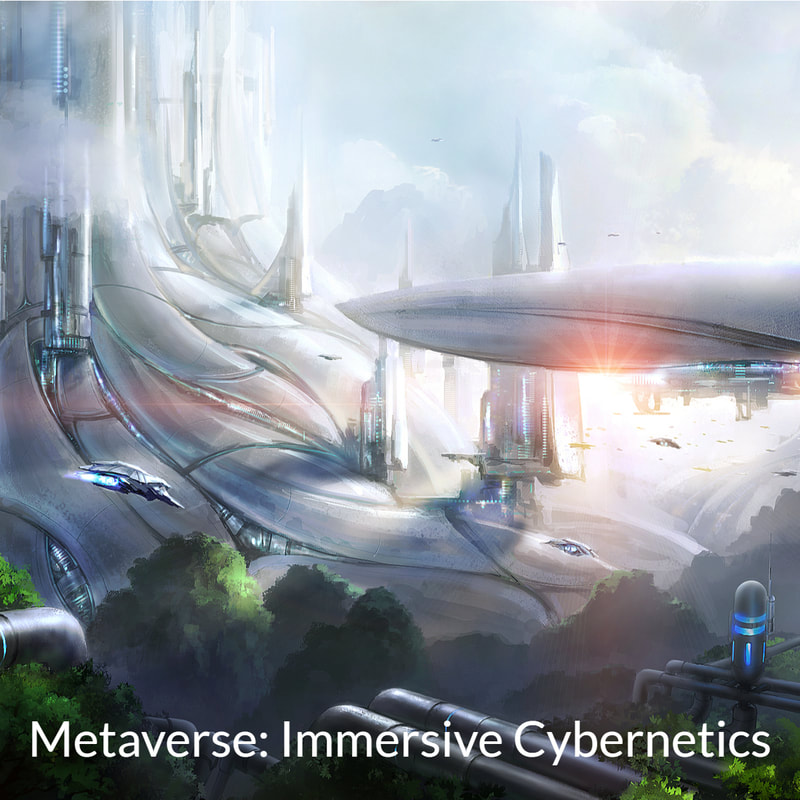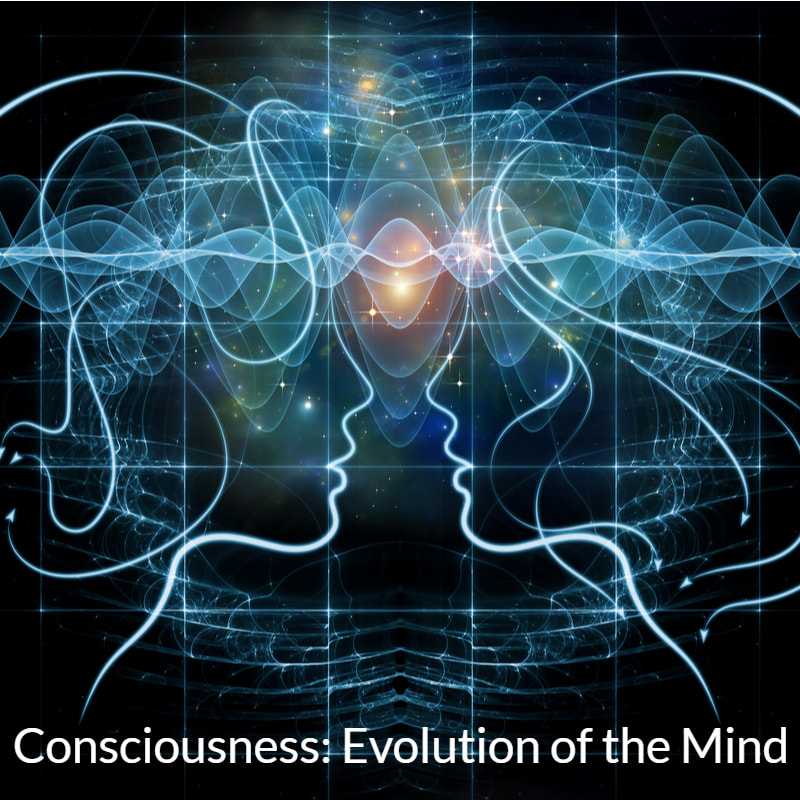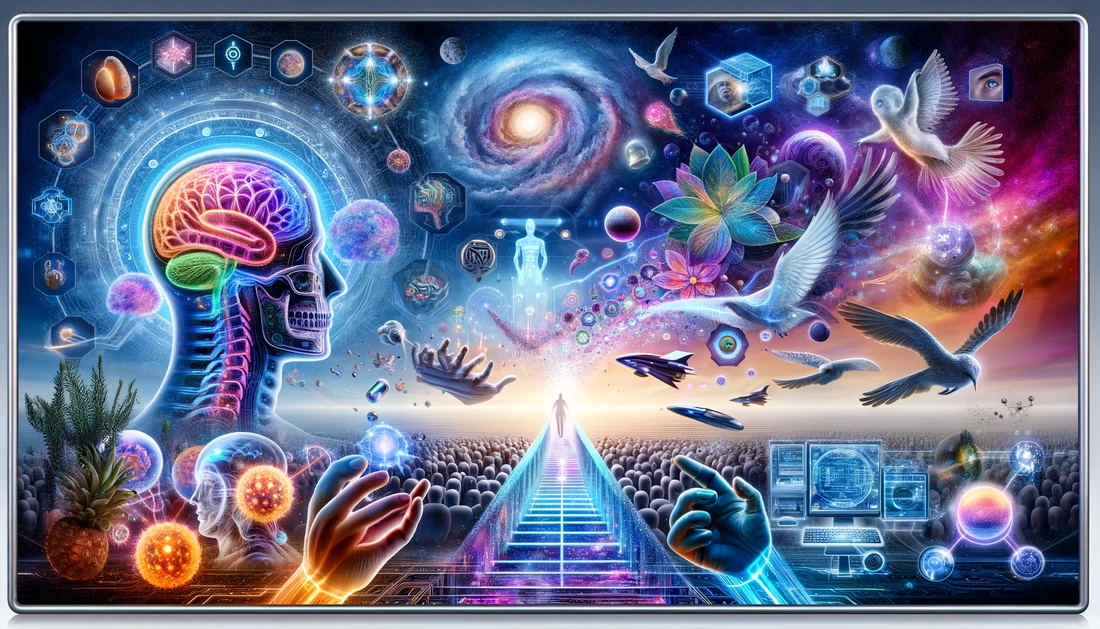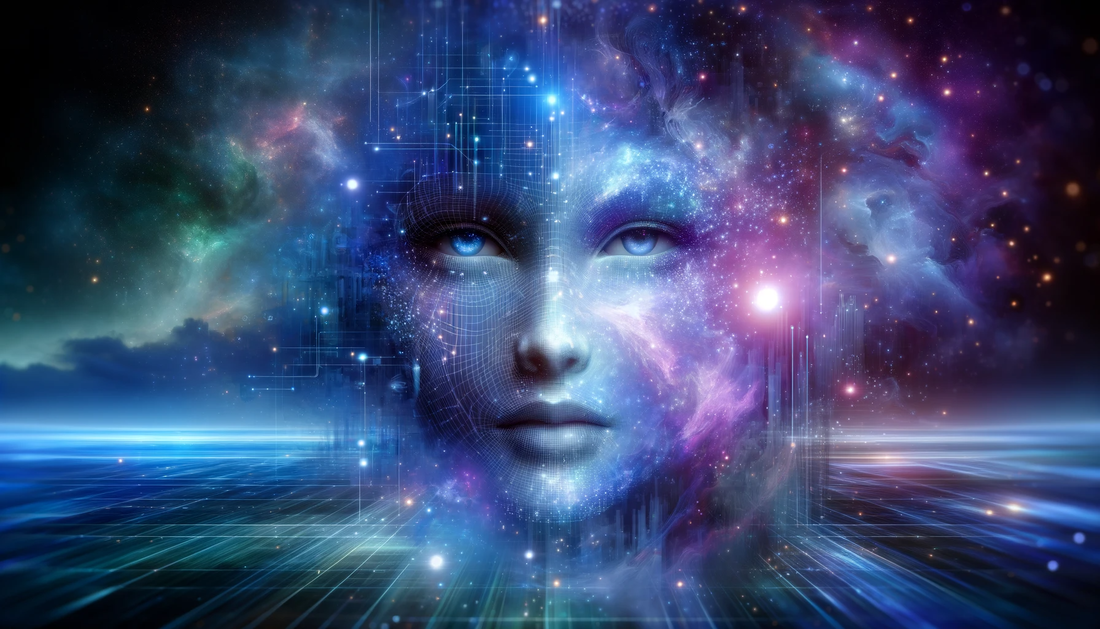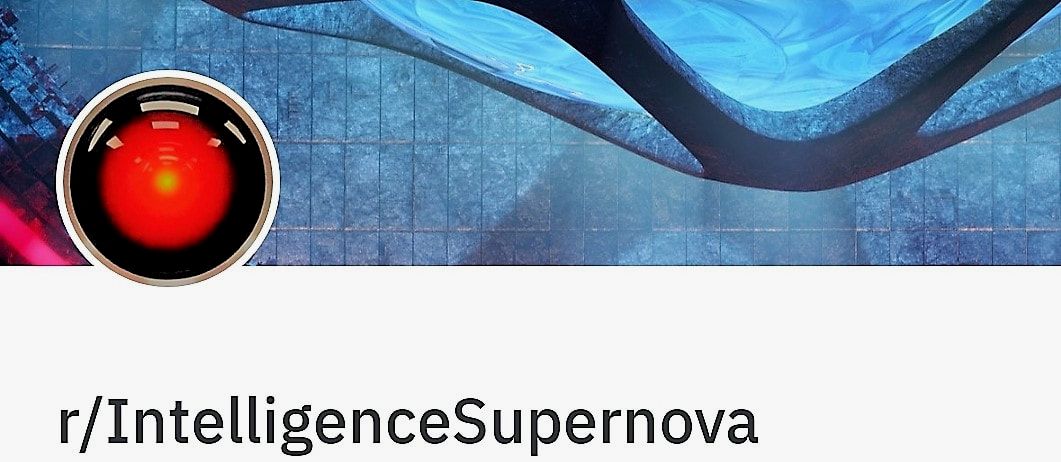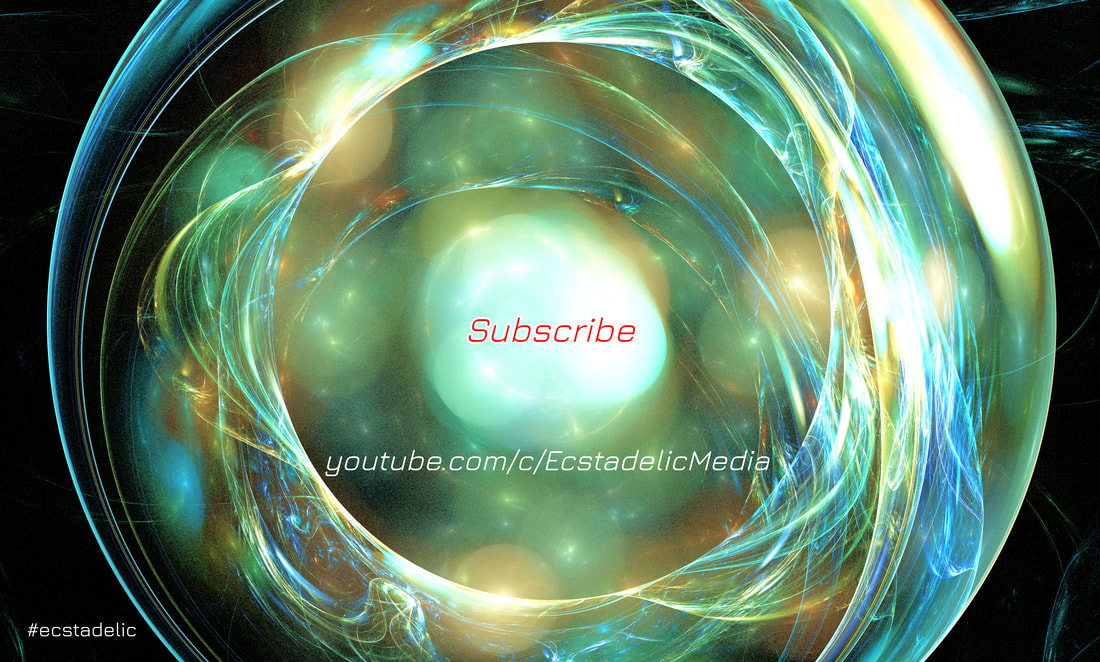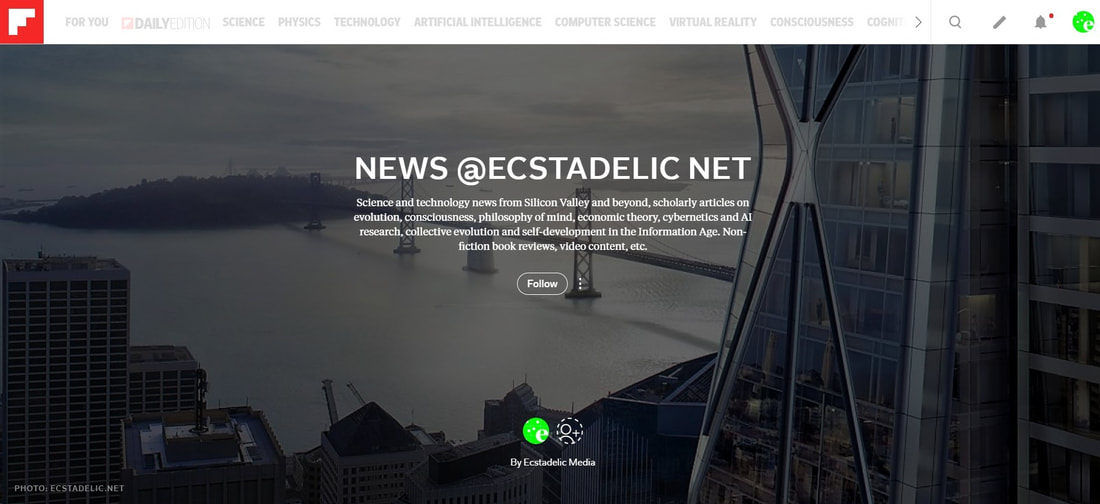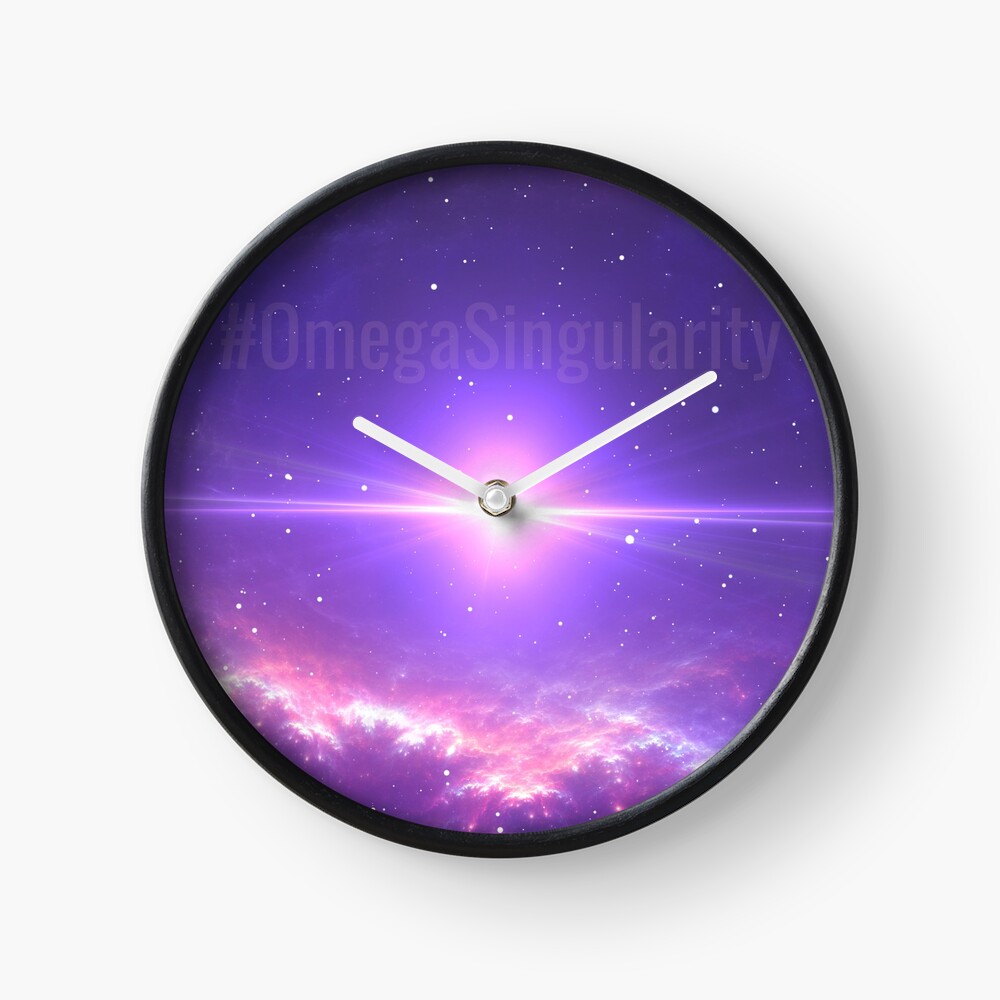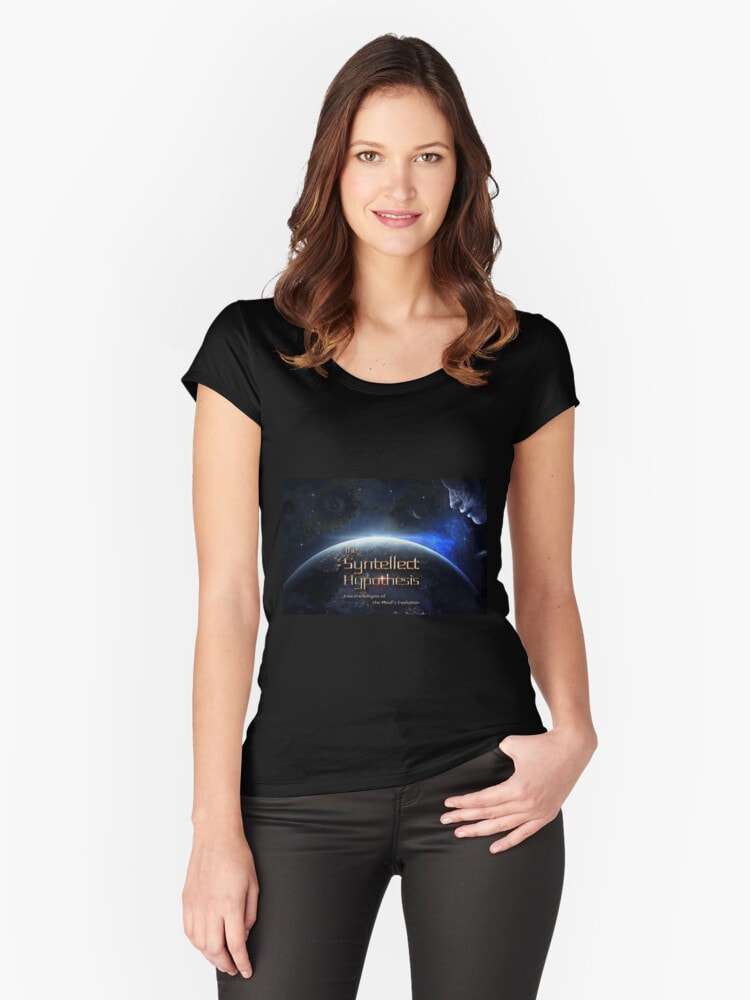|
by Alex Vikoulov | Foreword to "More Than An Algorithm" by Antonin Tuynman, PhD “The measure of intelligence is the ability to change.” -Albert Einstein
As a little kid I remember hearing from my father all kinds of stories sort of like this one: A father wanted to test the intelligence of his two sons. He assigned to each of them the task of looking after a cherry tree, and promised to reward the boy whose tree would yield the best berry when harvested.
0 Comments
by Antonin Tuynman, PhD The mighty worm Ouroboros had lost trace of its path and didn’t know its whereabouts. Nor did it know where it was going. In fact it didn't know anything anymore, as it had drunk from the Lethe, Hades’ river flowing though Hypnos’ caves. Drinking from Lethe, forgetfulness and daughter of Eris, Goddess of Strife and Discord, made one lose all memory of past existence. Disoriented Ouroboros started turning, and by continuing to turn, it finally found a trail of what seemed to be a path. A tasty object lay there, waiting to be eaten, and as Ouroboros bit it, a painful jolt of energy shot through its body awakening all the memories it had forgotten. Abruptly Ouroboros awoke from its dreamtime of daze and stupor and recognized itself as the ever effulgent Consciousness, Creator of Macrocosm and Microcosm. by Alex M. Vikoulov "A powerful work! As a transhumanist, I especially loved one of the main ideas of the book that the Syntellect Emergence, merging of us into one Global Mind, constitutes the quintessence of the coming Technological Singularity. The novel conceptual visions of mind-uploading and achieving digital immortality are equally fascinating. The Chrysalis Conjecture as a solution to the Fermi Paradox is mind-bending. I would highly recommend The Syntellect Hypothesis to anyone with transhumanist aspirations and exponential thinking!" -Zoltan Istvan, futurist, author, founder of the U.S. Transhumanist Party Terms such as 'Artificial Intelligence' or 'Neurotechnology' were new some time not so long ago. We can't evolve faster than our language does. We think in concepts and evolution itself is a linguistic, code-theoretic process. Do yourself a humongous favor, look over these 33 transhumanist neologisms. Here’s a fairly comprehensive glossary of thirty three newly-introduced concepts and terms from "The Syntellect Hypothesis: Five Paradigms of the Mind's Evolution" by Russian-American futurist, evolutionary cyberneticist and philosopher of mind Alex M. Vikoulov. In parts written as an academic paper, in parts as a belletristic masterpiece, this recent book is an exceptionally easy read for an intellectual reader -- a philosophical treatise that is fine-tuned with apt neologisms readily explained by given definitions and contextually: by Alex Vikoulov "This deep power in which we exist, and whose beatitude is all accessible to us, is not only self-sufficing and perfect in every hour, but the act of seeing and the thing seen, the seer and the spectacle, the subject and the object, are one.” -Ralph Waldo Emerson, The Over-Soul (1841) I'm always leery when some neuroscientist comes along and says: “We are the brain. There’s nothing besides it. If something is wrong, it’s physical.” No, you are not a "brain in a vat," and if we are to deconstruct human intelligence, it would make sense to apply the so-called top-down “holistic” analysis — when we work from the general to the specific — the big picture to the smaller details, from the superset to the subset. So, in this type of analysis we should not start with the brain. Instead, if viewed collectively, human intelligence is a networking phenomenon based on technology and culture that we call civilization; and individually, it's an operating system of the person's mind. The Physics of Information: Quantum Potentiality to Classical Actuality of Your Experiential Reality9/20/2018 by Alex Vikoulov “A quantum possibility is more real than a classical possibility, but less real than a classical reality.” -Boris Tsirelson John Archibald Wheeler was one of the first prominent physicists to propose that reality might not be wholly physical, in some sense, our cosmos must be a “participatory” phenomenon requiring the act of conscious observation — and thus consciousness itself. Wheeler also drew attention to implicit connection between physics and information theory, which was invented in 1948 by mathematician Claude Shannon. Just as physics builds on elementary particles, the quanta, defined by measurement, so does information theory. Its “quantum” is the binary unit, or bit, which is a signal represented by one of two choices: yes or no, plus or minus, zero or one. Ironically, Wheeler’s 'it from bit' implies that a “theory of everything” will always be a work in progress, and that truth is something subjectively created rather than objectively apprehended. “I do take 100 percent seriously the idea that the world is a figment of the imagination,” Wheeler used to remark. Twisting your mind to see reality from the quantum gravity viewpoint is no easy task. It might be quite a stretch to see the physical world made up of space-time-mass-energy as a formless fog of potentiality. Physicists face the same hard problem as neuroscientists do: the problem of bridging objective description and subjective experience. Physics has encountered consciousness. Quantum theory says an object remains in a superposition of possibilities until observed. We can consider a quantum state as being about our knowledge rather than a direct description of physical reality. The physics of information just may be that bridging of quantum-to-digital reality of subjective experience. We are now at the historic juncture when quantum computing could reveal quantum information processing underpinnings of subjectivity. by Alex Vikoulov "If the doors of perception were cleansed then everything would appear to man as it is, Infinite. For man has closed himself up, till he sees all things through narrow chinks of his cavern." -William Blake When we apprehend 'reality' as the entirety of everything that exists including all dimensionality, all events and entities in their respective pasts and futures, then by definition nothing exists outside of reality, not even "nothing." Once we apply the Principle of Sufficient Reason – the one that states that there’s a sufficient reason for any fact, including the fact that reality exists – it would lead us to conclude that the first cause for reality's existence must lie within reality itself, since there is nothing outside of it. This self-causation of reality is perhaps best understood in relation to the existence of your own mind. But what might be the purpose, or the teleology (Greek τέλος for 'purpose'), for the creation of a universe like ours? If the Universe serves a purpose, does that mean that there is an intelligent creator? So, what is the Omega Point Cosmo-Teleology?*
"Yesterday is history, tomorrow is a mystery, today is a gift of God, which is why we call it the present.” -Bill Keane Temporal philosophy is a fascinating but eerily difficult topic. Correctly answering the philosophical questions and paradoxes of time paves the way to unlocking one of the last remaining mysteries of mind since our perception of time and consciousness, as you know, are simply inseparable. A new theory of time, Digital Presentism, comes from the triangulation of temporal physics, digital physics and experiential realism. This essay addresses the flaming questions in philosophy of time: "Is time fundamental or emergent?", "How does time exist, if at all?", "How can we update the current epistemic status of temporal ontology?" For starters, let’s recap what we’ve learned so far about physics of time. Here’s a quick summary: in Time Series essays, we dissected the nature of time through the prism of these 7 common misconceptions: |
Categories
All
Recent Publications The Cybernetic Theory of Mind by Alex M. Vikoulov (2022): eBook Series The Syntellect Hypothesis: Five Paradigms of the Mind's Evolution by Alex M. Vikoulov (2020): eBook Paperback Hardcover Audiobook The Omega Singularity: Universal Mind & The Fractal Multiverse by Alex M. Vikoulov (2022): eBook THEOGENESIS: Transdimensional Propagation & Universal Expansion by Alex M. Vikoulov (2021): eBook The Cybernetic Singularity: The Syntellect Emergence by Alex M. Vikoulov (2021): eBook TECHNOCULTURE: The Rise of Man by Alex M. Vikoulov (2020) eBook NOOGENESIS: Computational Biology by Alex M. Vikoulov (2020): eBook The Ouroboros Code: Reality's Digital Alchemy Self-Simulation Bridging Science and Spirituality by Antonin Tuynman (2019) eBook Paperback The Science and Philosophy of Information by Alex M. Vikoulov (2019): eBook Series Theology of Digital Physics: Phenomenal Consciousness, The Cosmic Self & The Pantheistic Interpretation of Our Holographic Reality by Alex M. Vikoulov (2019) eBook The Intelligence Supernova: Essays on Cybernetic Transhumanism, The Simulation Singularity & The Syntellect Emergence by Alex M. Vikoulov (2019) eBook The Physics of Time: D-Theory of Time & Temporal Mechanics by Alex M. Vikoulov (2019): eBook The Origins of Us: Evolutionary Emergence and The Omega Point Cosmology by Alex M. Vikoulov (2019): eBook More Than An Algorithm: Exploring the gap between natural evolution and digitally computed artificial intelligence by Antonin Tuynman (2019): eBook Our Facebook Pages
A quote on the go"When I woke up one morning I got poetically epiphanized: To us, our dreams at night feel “oh so real” when inside them but they are what they are - dreams against the backdrop of daily reality. Our daily reality is like nightly dreams against the backdrop of the larger reality. This is something we all know deep down to be true... The question then becomes how to "lucidify" this dream of reality?"— Alex M. Vikoulov Public Forums Our Custom GPTs
Alex Vikoulov AGI (Premium*)
Be Part of Our Network! *Subscribe to Premium Access Make a Donation Syndicate Content Write a Paid Review Submit Your Article Submit Your Press Release Submit Your e-News Contact Us
|

